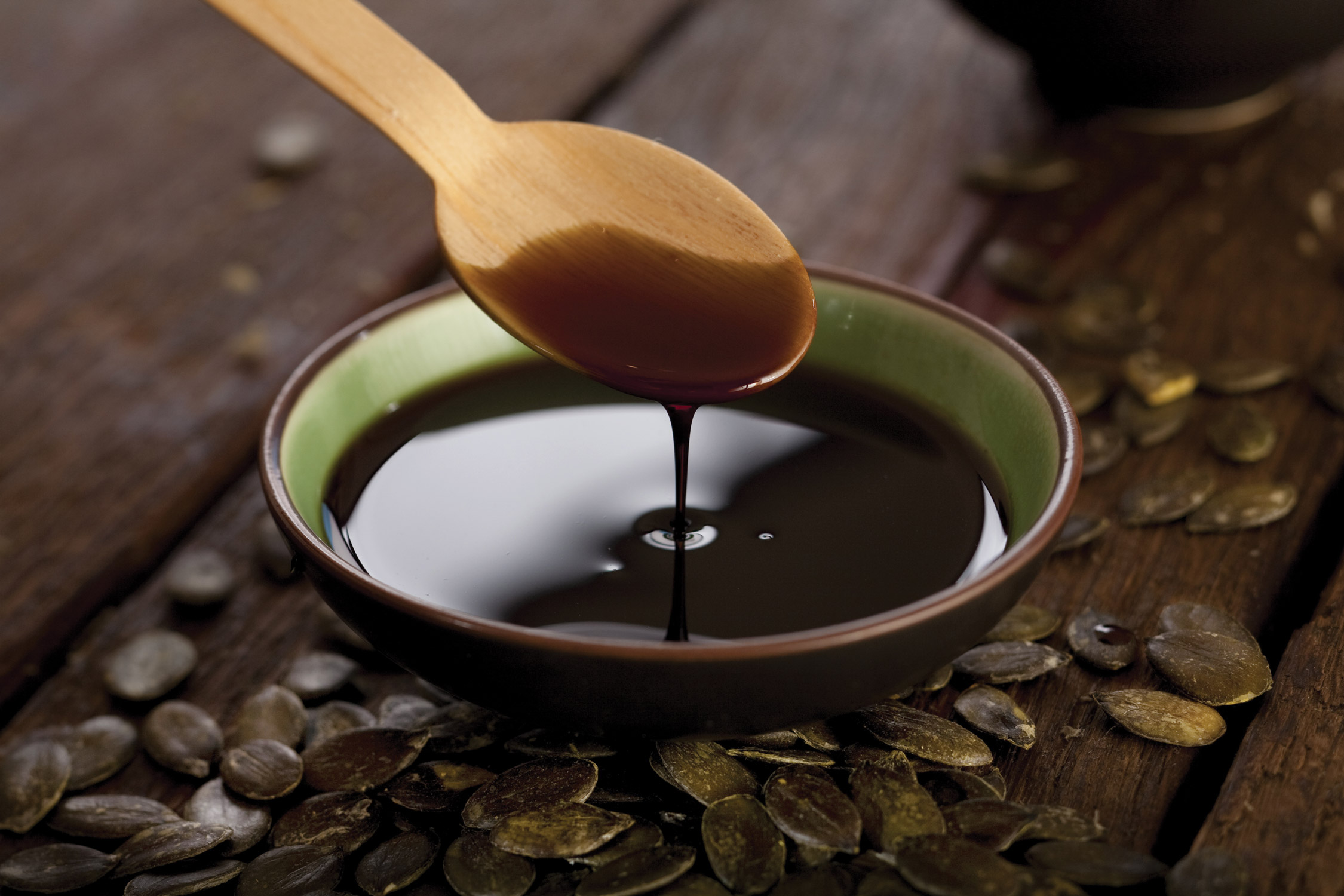
Losing your hair? You’re in good company; hair loss affects up to half of all men and women! Arm yourself by understanding causes, treatments, and fun (yes, fun!) solutions to balding.
Discovering hair loss can trigger panic and frustration or be downright depressing. What’s more, few of us are immune. Up to 50 percent of all men and women will experience hair loss! So, how do we take back crown control? Here, we’ll decode causes and solutions to save your strands.
Getting at the root
The DHT hormone
For men (and women later in life) the major factor in hair loss is high dihydrotestosterone (DHT) levels. DHT is a sex hormone made from testosterone and by the enzyme 5-alpha reductase. Elevated DHT in the scalp minimizes hair follicles, leading to male pattern baldness (hairline receding in an M-shaped pattern).
Many treatments targeting male pattern baldness try to block 5-alpha reductase, decreasing DHT uptake by the hair follicles. One natural ingredient that helps to do just that is saw palmetto. Studies on oral and topical treatments containing the plant reveal that it may increase hair counts.
Damage control
Bleaching and using heated styling tools and harsh products all cause hair trauma. The same goes for habits that cause friction, such as overbrushing and hair pulling or twirling.
Avoid hair care products high in alcohol, and rejuvenate your scalp with hair oil. Massage away hair stress with rosemary (diluted properly with a carrier oil), which has been shown in scientific research to result in regrowth.
The mane meal
Maybe your hair is hungry. Vitamins C and D, along with proteins and fats, have an impact on the mightiness of your mop.
Low dietary protein has been shown to disturb growth rates and cause hair fragility and brittleness. Tuck into healthy food sources, such as Greek yogurt, fish, buckwheat, and pumpkin seeds.
Don’t forget fats! Cholesterol is essential for making hormones needed for healthy hair, while other fats help keep hair implanted in your skin. Deficiencies in fats can decrease hair hydration and skin’s oil secretion. Oil is needed for a protective coat of the epidermis, which helps keep your roots rooted. Choose healthy fats such as oily fish, avocado, coconut, and flaxseed.
Holistic hair health
Balding can sometimes be a symptom of an underlying health condition, such as an autoimmune disease, so have a chat with your health care practitioner. Managing the autoimmunity (and inflammation) is the best treatment. Other disorders such as hypothyroidism and anemia may also cause hair thinning. Examine your overall wellness, both for your hair and, of course, your health.
Embracing your new hair reality
Tackling hair loss isn’t only about trying to regain lost locks—it’s also an opportunity to discover a new you. Reclaim your hair confidence through reinvention. Here are a few ways to do just that.
Go for a clean shave
One bold way to deal with hair loss is to shave your head. A close cut shows no shame in showing some scalp. Bonus: you’ll be cool and breezy come summertime.
Find the right cut
Sport a new look that accentuates what you have and minimizes what you don’t. A side-part comb-over covers receding frontal lines while a side fade shave blurs side lines. Short spikes can be brushed to camouflage sparse spots, and a tousled, messy mop hides top thinning.
Rock some facial hair
Try a neatly trimmed goatee or a thick hipster beard. Facial hair brings attention away from your scalp, putting your face centre stage. Don’t forget sideburn action! Growing gnarly muttonchops is über masculine.
Go long
What you don’t have in density, you can make up in length. Let it flow to channel your inner hippie, or make like a samurai and pull hair into a half bun. Ponytails are a great way to cover bald spots. From buns to braids, have fun with your mane.
Try the man weave
Always avoid clip-on hairpieces, which weigh down and damage your natural hair. Instead, a “man weave” is a semipermanent option that is seamlessly woven into your hair. Want more facial hair? There are beard weaves too.

Supplements to get you growing
Remember, always check with your health care practitioner before taking a new supplement, to make sure it’s right for you.
- Vitamin D is needed for normal hair cycling and integrity. Studies reveal low serum vitamin D in alopecia patients.
- Vitamin C is thought to help combat hair loss caused by low iron and bolsters shaft creation.
- Biotin—B7 deficiency can lead to hair loss.
- Pumpkin seed oil is a 5-alpha reductase inhibitor that may help treat male pattern baldness.





